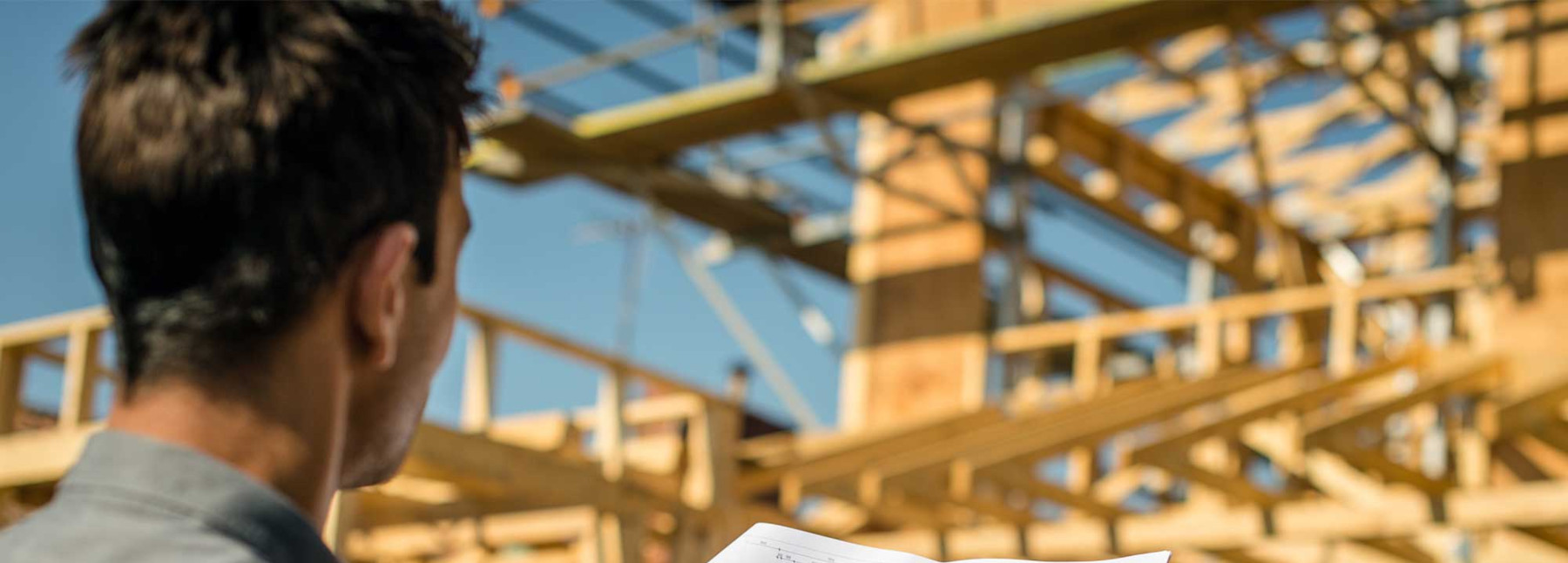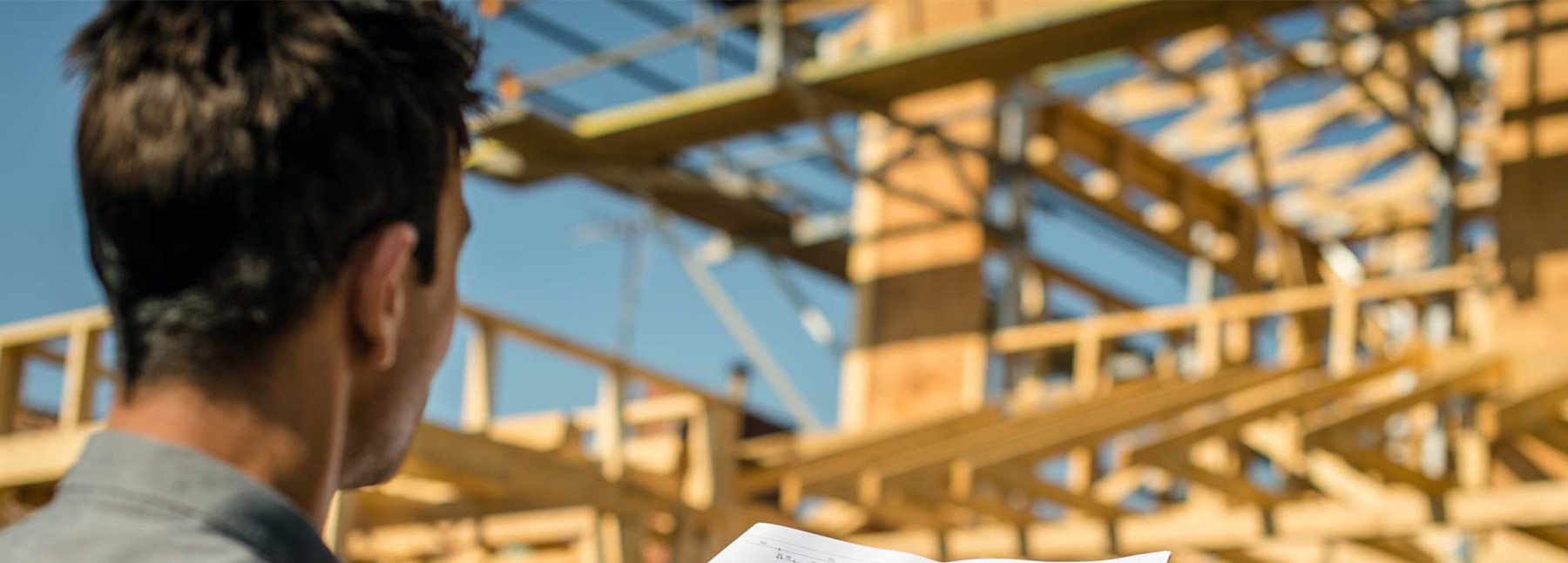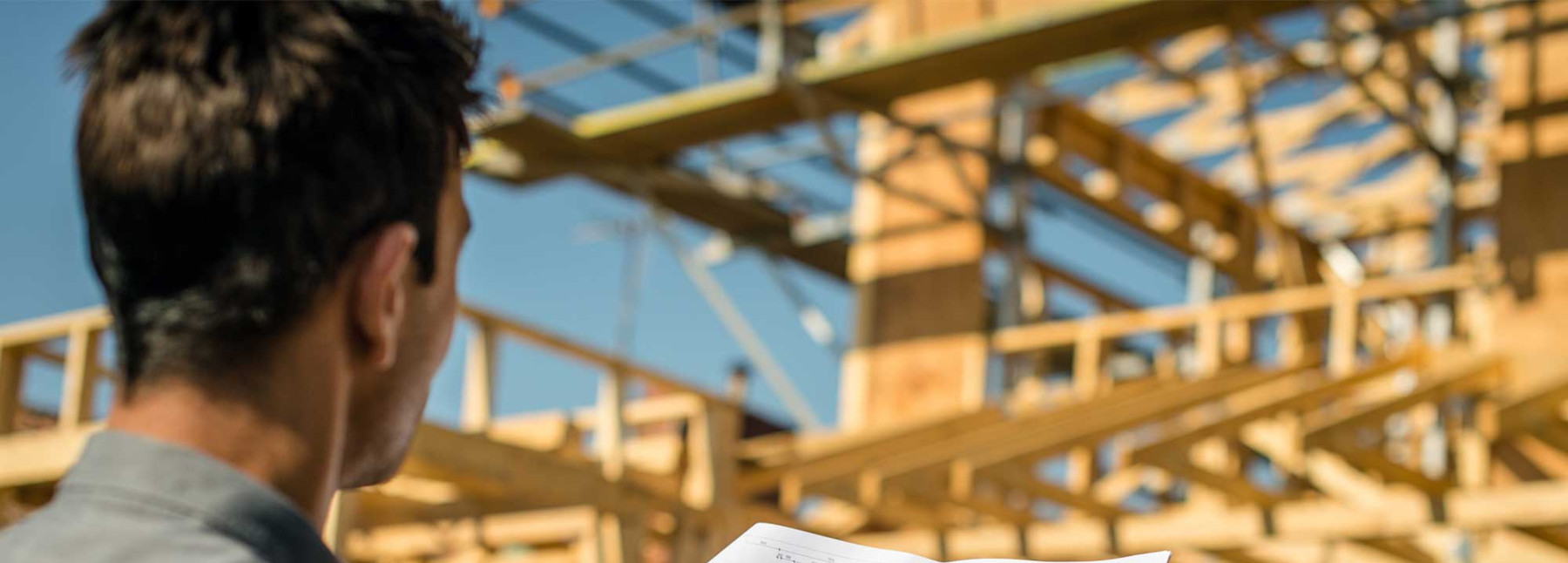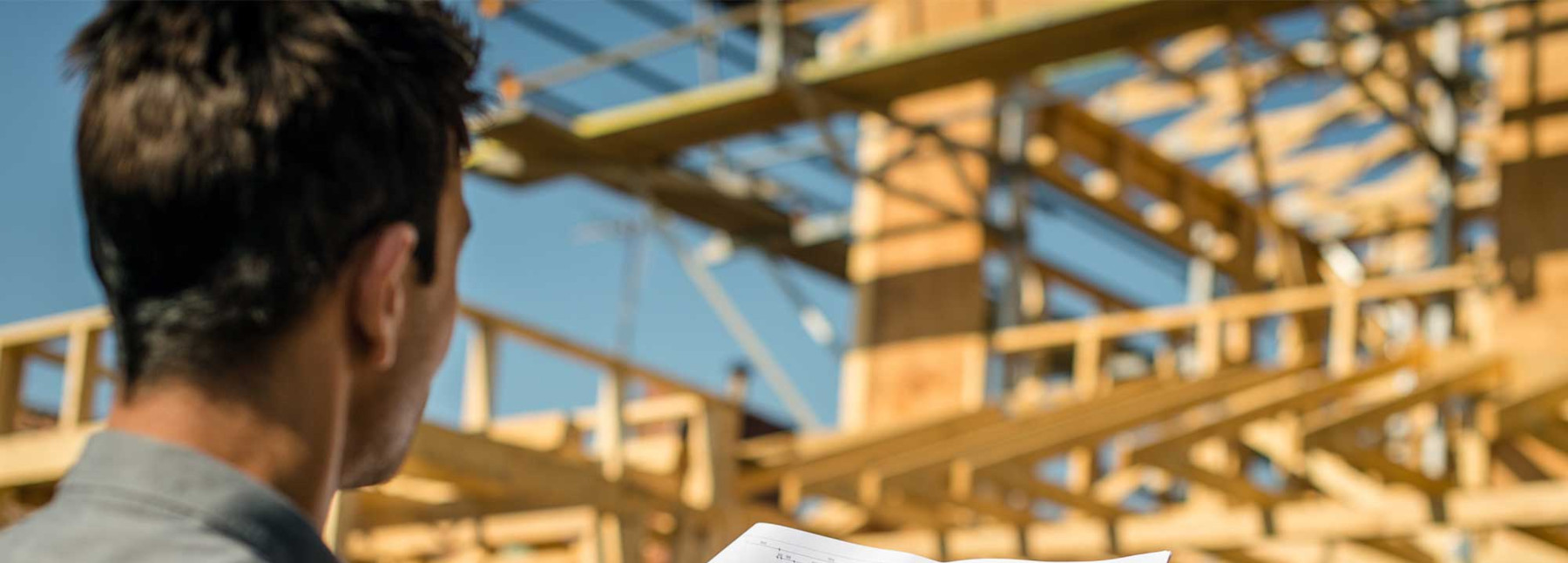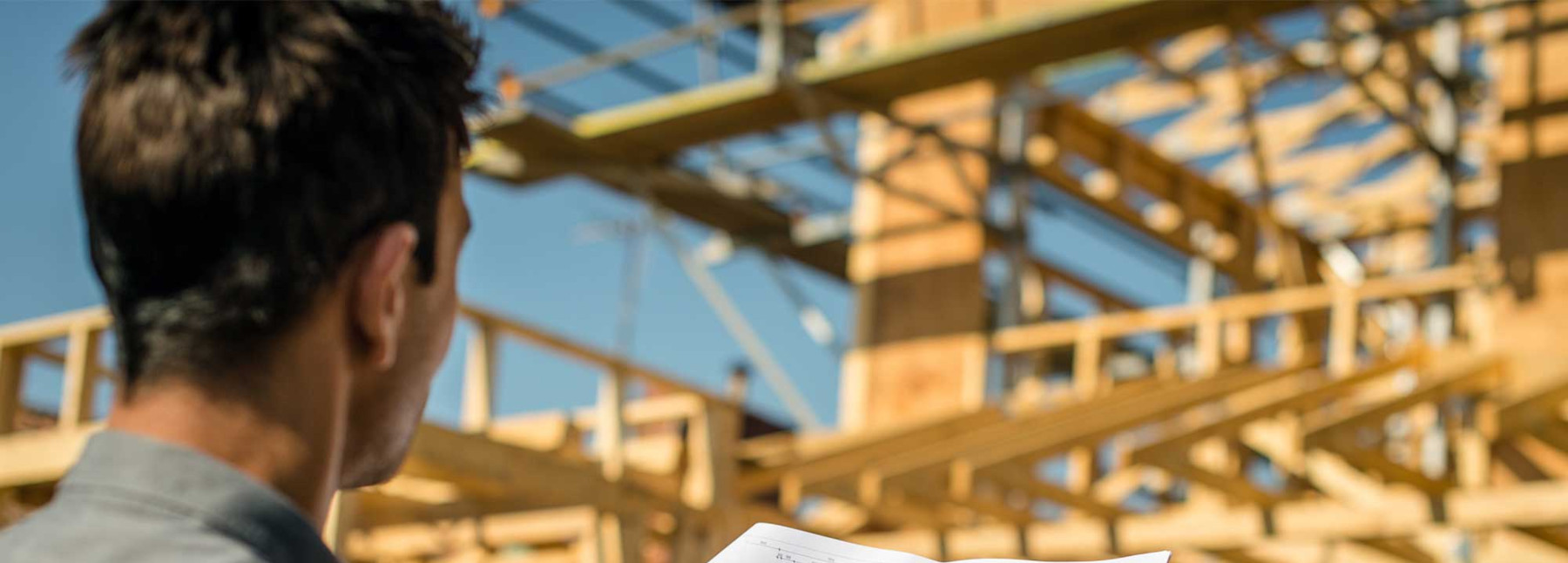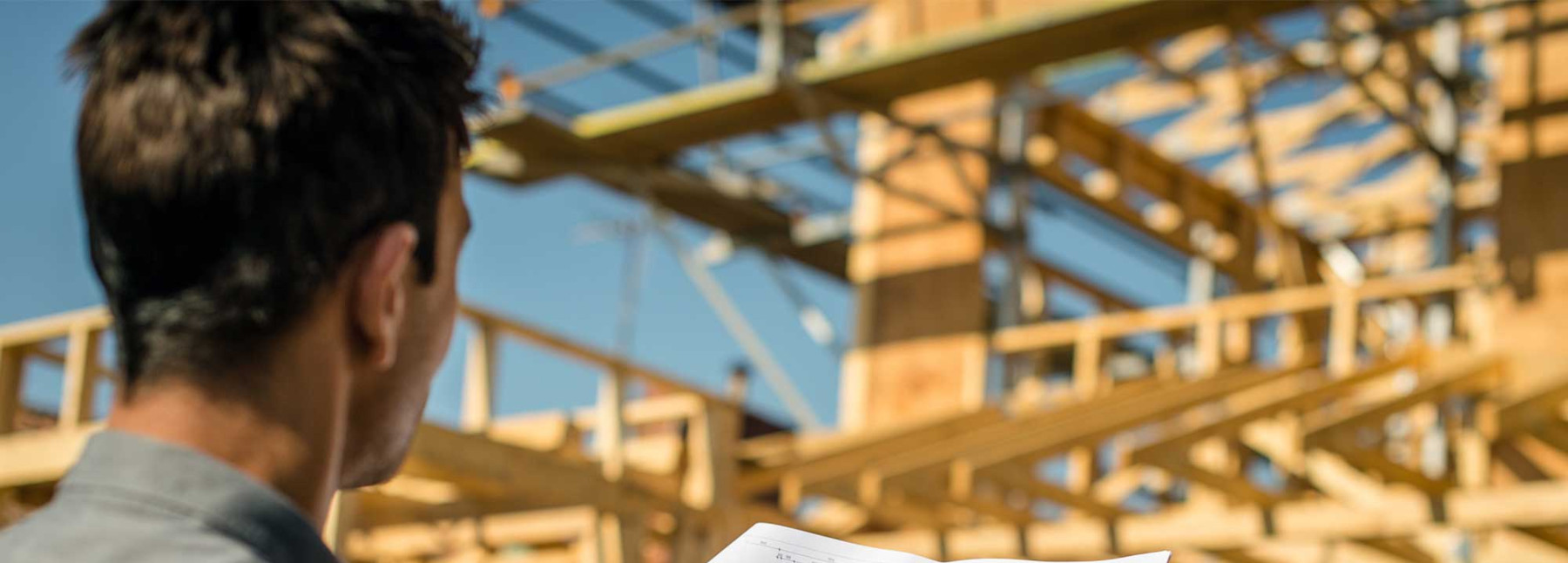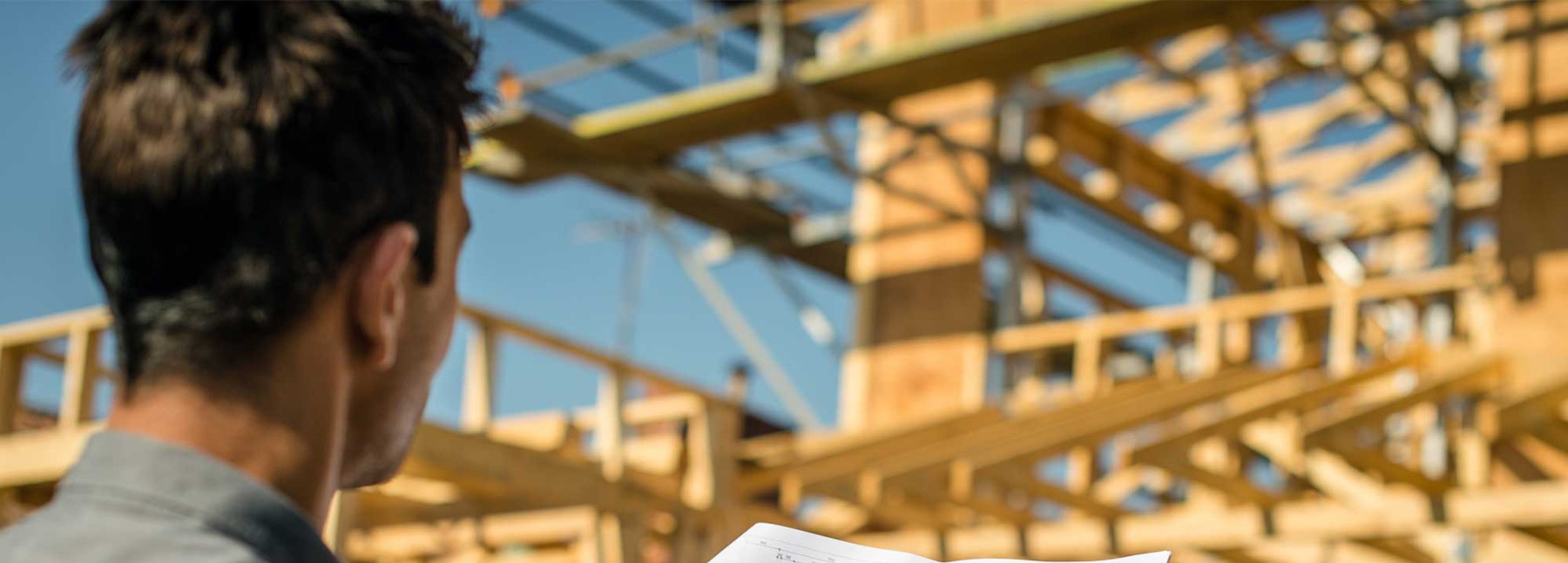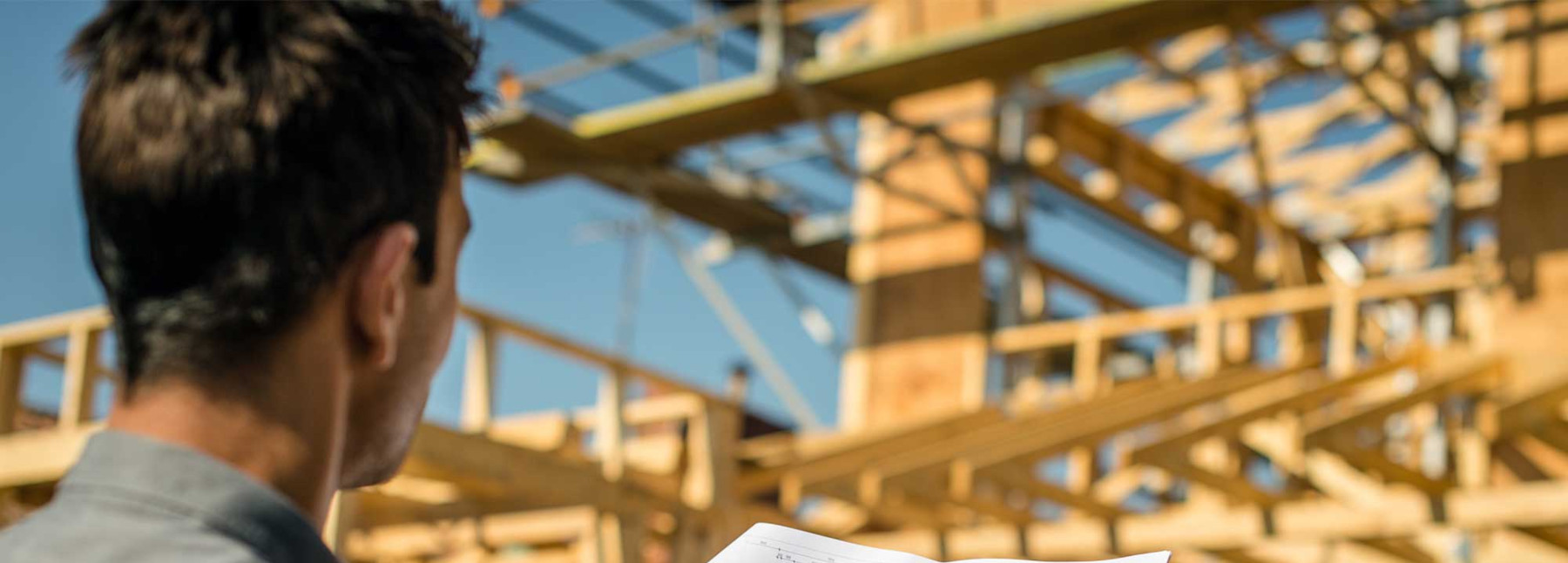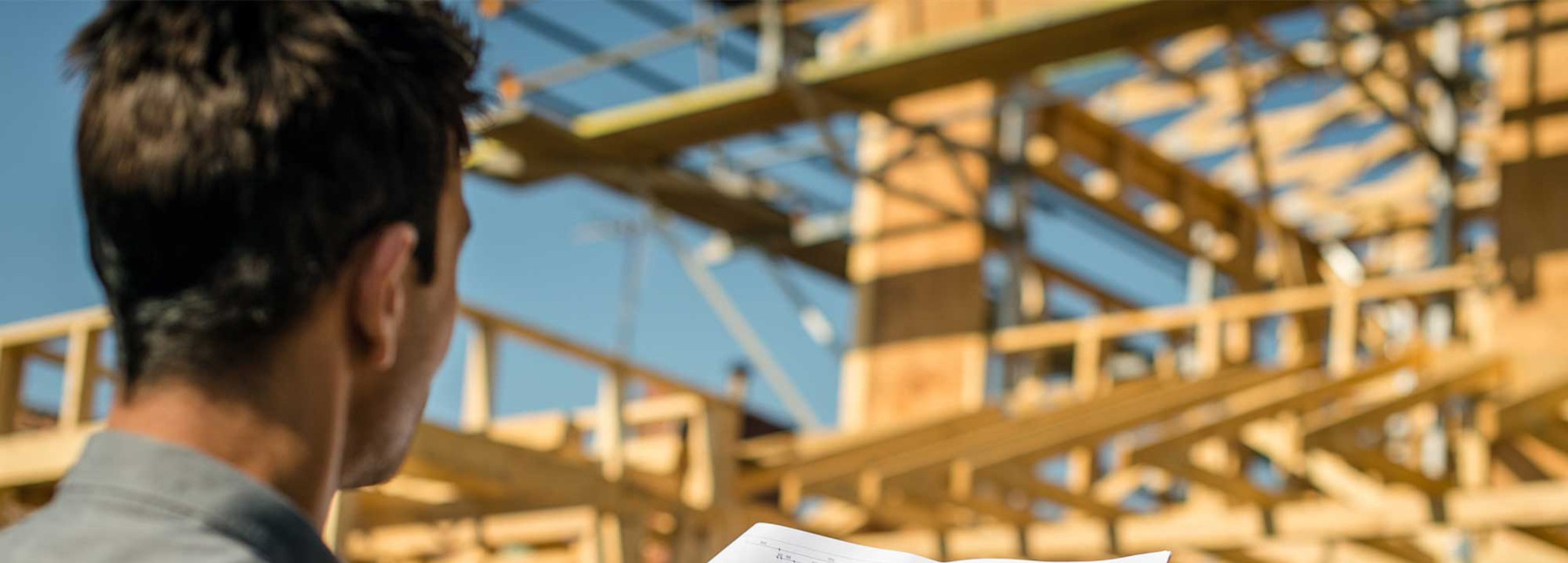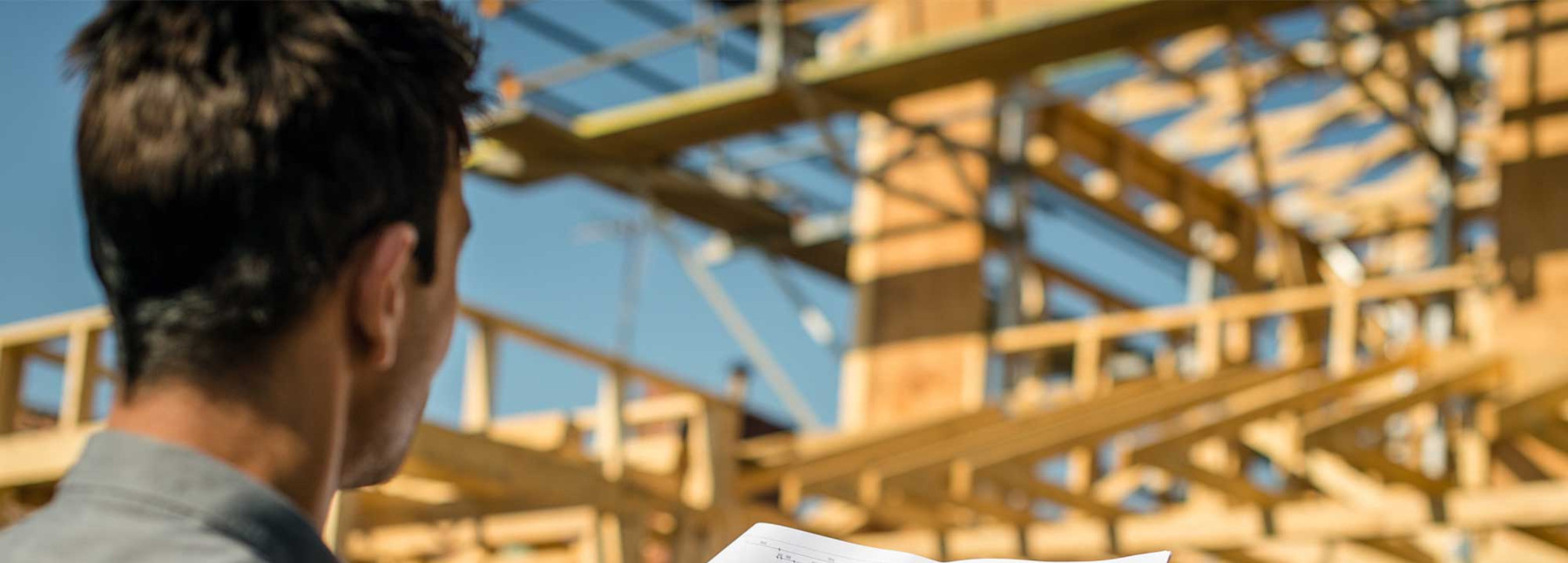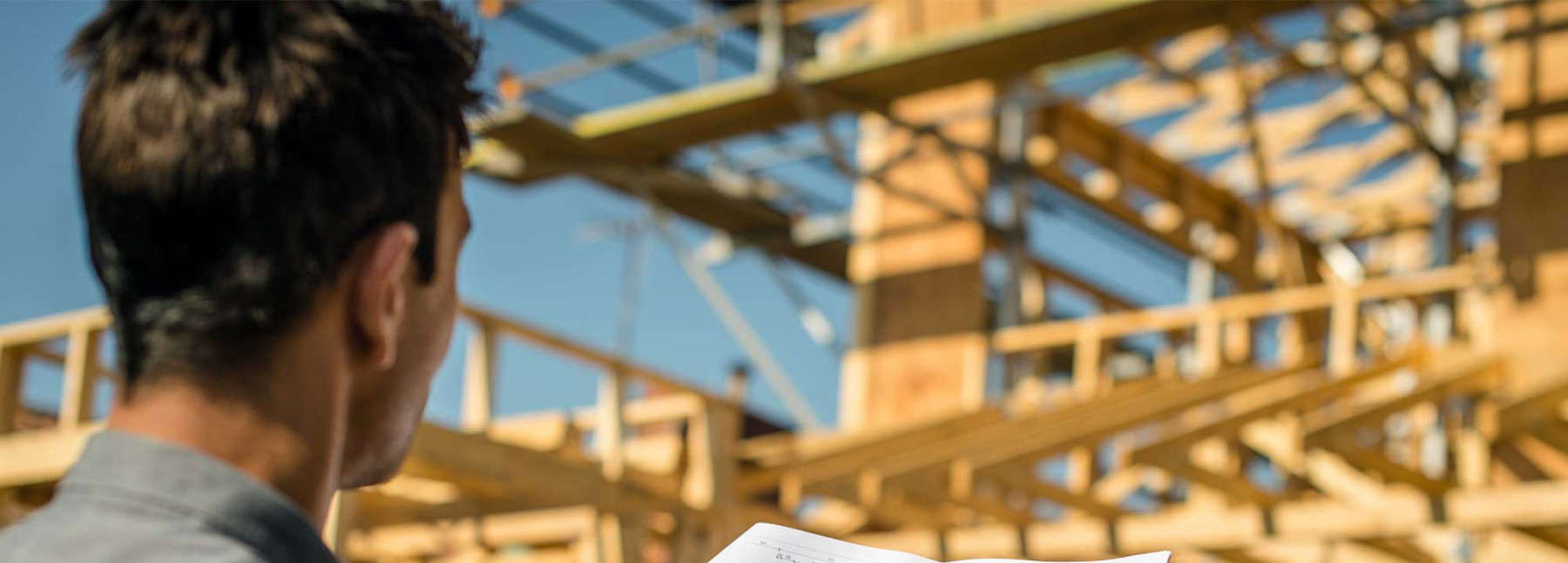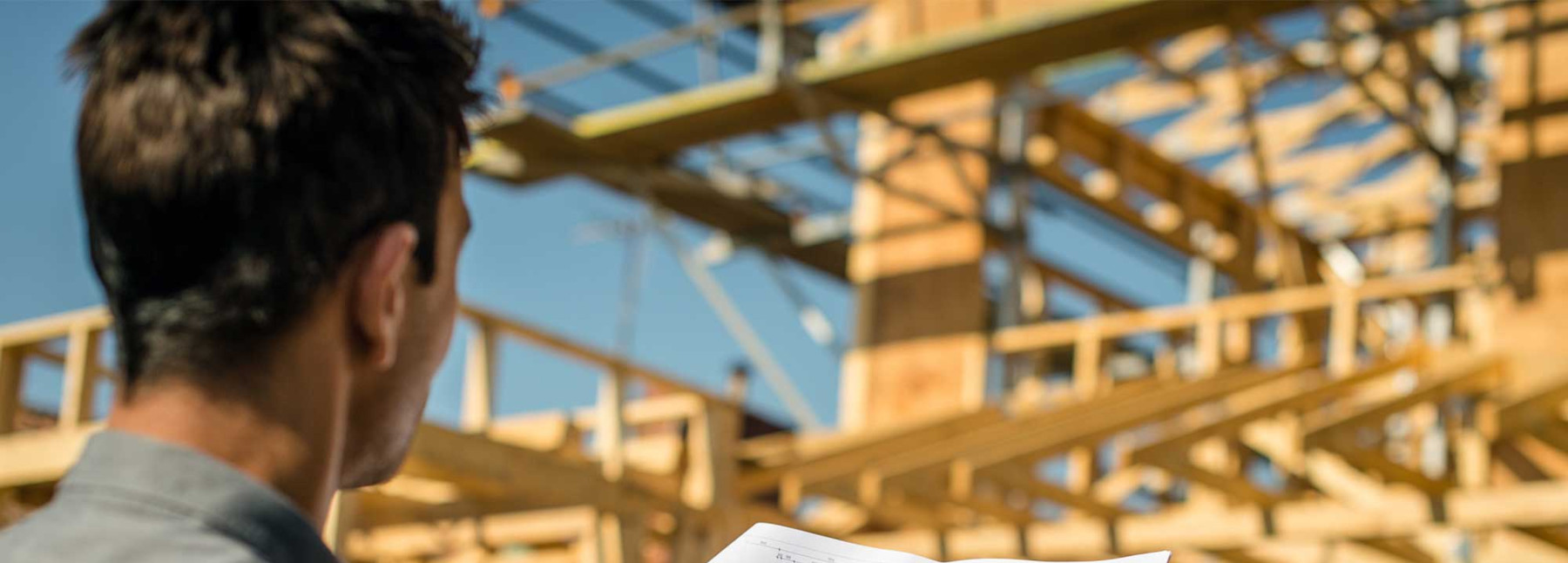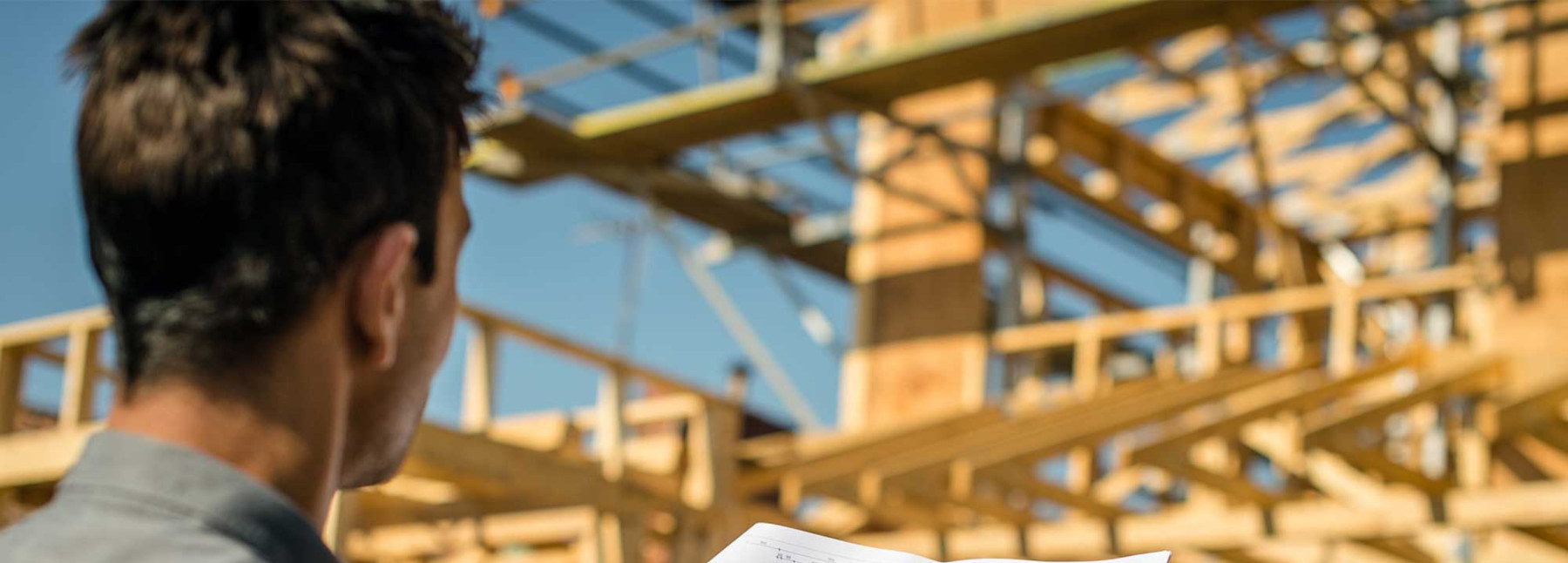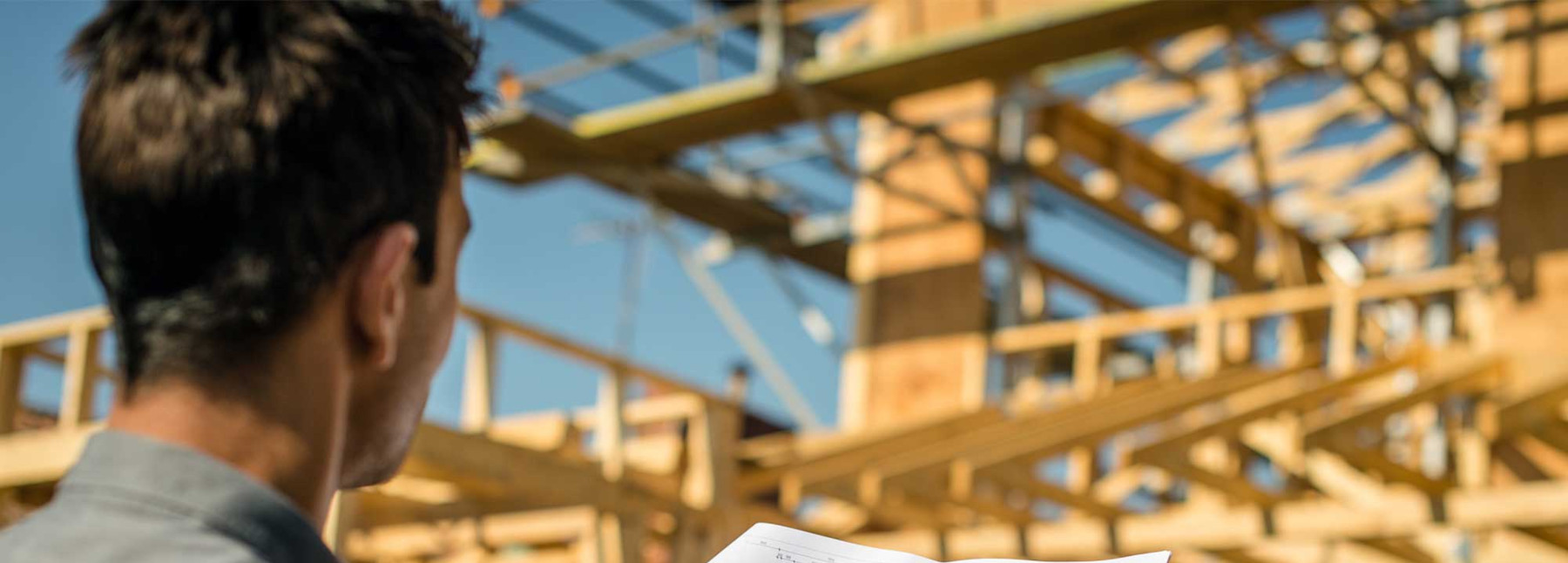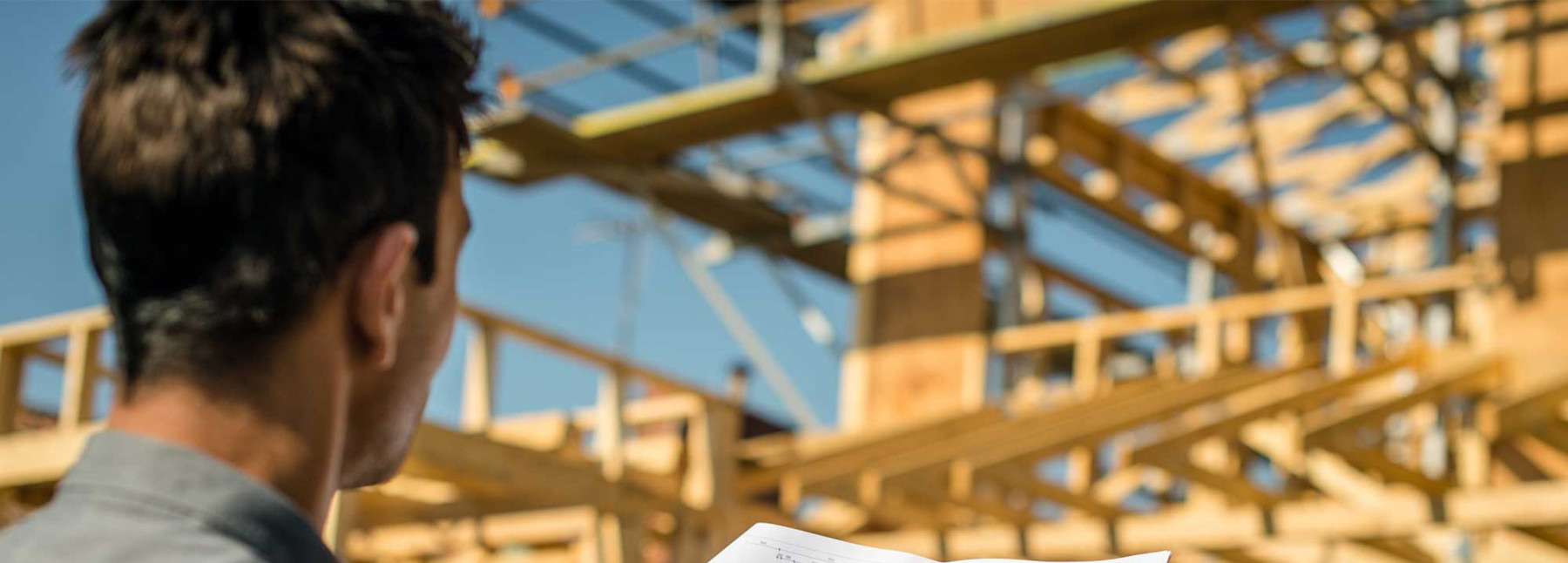Property development is a complex business that involves significant financial investment and inherent risks. Whether you're developing residential homes or commercial buildings, having the right insurance coverage is essential to protect your investment and ensure project success. However, the insurance needs for residential and commercial property development differ significantly, and understanding these differences is crucial for making informed decisions about your coverage.
Understanding Property Developer Insurance
Property developer insurance is specialized coverage designed to protect developers throughout the entire development process, from initial site preparation to project completion and handover. This insurance typically covers construction risks, public liability, professional indemnity, and various other exposures that developers face during their projects.
The key distinction between residential and commercial property developer insurance lies in the scale, complexity, and risk profile of the projects being undertaken. Each type of development presents unique challenges and requires tailored insurance solutions.
Residential Property Developer Insurance
What It Covers
Residential property developer insurance is designed for developers working on housing projects, including single-family homes, townhouses, apartment complexes, and residential subdivisions. This coverage typically includes:
Construction All Risks (CAR) Insurance
- Protection against damage to the building under construction
- Coverage for materials, plant, and equipment on-site
- Protection against weather damage, theft, and vandalism
- Coverage for temporary structures and site facilities
Public Liability Insurance
- Protection against claims from third parties injured on the development site
- Coverage for property damage to neighboring properties
- Protection against nuisance claims from dust, noise, or vibration
Employers' Liability Insurance
- Mandatory coverage for injuries to employees and subcontractors
- Protection against workplace accident claims
- Coverage for occupational health issues
Professional Indemnity Insurance
- Protection against design errors and omissions
- Coverage for breach of professional duty claims
- Protection against financial losses due to professional negligence
Contract Works Insurance
- Coverage for the physical construction work
- Protection against damage during the construction phase
- Coverage for materials and equipment
Typical Risks in Residential Development
Residential developments face specific risks that insurance must address:
- Weather-related damage to partially completed structures
- Theft and vandalism of materials and equipment
- Structural defects discovered after completion
- Neighbor disputes over noise, dust, or property boundaries
- Ground conditions that differ from surveys
- Regulatory compliance issues with building codes
- Defective workmanship by subcontractors
Coverage Limits and Costs
Residential property developer insurance typically features:
- Lower coverage limits compared to commercial projects
- Premiums based on project value and duration
- Deductibles that reflect the smaller scale of residential projects
- More standardized policy terms and conditions
Commercial Property Developer Insurance
What It Covers
Commercial property developer insurance is designed for larger-scale projects such as office buildings, retail centers, industrial facilities, and mixed-use developments. The coverage is more comprehensive and includes:
Enhanced Construction All Risks Insurance
- Higher coverage limits for larger project values
- Extended coverage for complex building systems
- Protection for specialized equipment and materials
- Coverage for multiple phases of large developments
Comprehensive Public Liability Insurance
- Higher liability limits for greater exposure
- Coverage for business interruption to neighboring businesses
- Protection against environmental liability claims
- Extended coverage for professional services
Advanced Professional Indemnity Coverage
- Higher limits for complex design and engineering risks
- Coverage for project management errors
- Protection against financial advice liability
- Extended coverage for joint ventures and partnerships
Delay in Start-Up (DSU) Insurance
- Coverage for lost rental income due to construction delays
- Protection against additional financing costs
- Coverage for increased construction costs due to delays
Environmental Liability Insurance
- Protection against pollution and contamination claims
- Coverage for remediation costs
- Protection against regulatory enforcement actions
Typical Risks in Commercial Development
Commercial developments face more complex risks:
- Higher financial exposure due to project scale
- Complex stakeholder relationships with multiple parties involved
- Regulatory complexity with stricter compliance requirements
- Environmental concerns including contamination and remediation
- Technology integration risks with modern building systems
- Tenant fit-out coordination and associated liabilities
- Long-term warranty obligations for commercial buildings
Coverage Limits and Costs
Commercial property developer insurance typically features:
- Significantly higher coverage limits
- More complex premium calculations based on multiple factors
- Lower deductibles relative to project value
- Customized policy terms for specific project requirements
Key Differences Between Residential and Commercial Coverage
Scale and Complexity
Residential Development:
- Smaller project values (typically under £5 million)
- Simpler construction methods and materials
- Shorter development timelines
- Fewer stakeholders involved
- More standardized building designs
Commercial Development:
- Larger project values (often £10 million+)
- Complex construction techniques and specialized materials
- Extended development timelines
- Multiple stakeholders including investors, tenants, and partners
- Unique, custom-designed buildings
Risk Profile
Residential Development:
- Lower individual project risk
- More predictable construction processes
- Limited environmental exposure
- Simpler regulatory requirements
- Lower public liability exposure
Commercial Development:
- Higher individual project risk
- Complex construction challenges
- Significant environmental considerations
- Extensive regulatory compliance requirements
- Higher public and professional liability exposure
Insurance Costs
Residential Development:
- Lower absolute premium costs
- Higher premium rates as percentage of project value
- More standardized pricing models
- Limited customization options
Commercial Development:
- Higher absolute premium costs
- Lower premium rates as percentage of project value
- Customized pricing based on specific risks
- More negotiable terms and conditions
Choosing the Right Coverage
For Residential Developers
When selecting residential property developer insurance, consider:
- Project Size and Value: Ensure coverage limits match your project investment
- Location Factors: Consider local weather patterns, crime rates, and soil conditions
- Construction Methods: Ensure coverage applies to your building techniques
- Subcontractor Management: Verify coverage for subcontractor-related risks
- Timeline Considerations: Match policy periods to development schedules
For Commercial Developers
Commercial developers should focus on:
- Comprehensive Risk Assessment: Conduct thorough risk analysis for each project
- Stakeholder Requirements: Ensure coverage meets lender and investor requirements
- Environmental Due Diligence: Address potential contamination and remediation risks
- Professional Team Coverage: Ensure all consultants have appropriate insurance
- Long-term Obligations: Consider post-completion warranty and maintenance risks
Working with Insurance Professionals
Given the complexity of property developer insurance, working with experienced insurance brokers is essential. A specialized broker can:
- Assess your specific risk profile
- Compare coverage options from multiple insurers
- Negotiate favorable terms and conditions
- Provide ongoing risk management advice
- Handle claims efficiently when they occur
Risk Management Best Practices
Regardless of whether you're developing residential or commercial properties, implementing strong risk management practices can help reduce insurance costs and improve project outcomes:
Pre-Development Phase
- Conduct thorough site investigations
- Engage qualified professional consultants
- Obtain all necessary permits and approvals
- Establish clear contracts with all parties
During Construction
- Implement comprehensive health and safety programs
- Maintain regular site inspections
- Ensure proper security measures
- Keep detailed project documentation
Post-Completion
- Conduct thorough quality inspections
- Maintain appropriate warranty reserves
- Establish ongoing maintenance programs
- Keep insurance coverage current during warranty periods
Conclusion
The choice between residential and commercial property developer insurance depends largely on the scale, complexity, and risk profile of your development projects. While residential developments typically require more straightforward coverage with lower limits, commercial developments demand comprehensive protection with higher coverage limits and more specialized features.
Understanding these differences is crucial for property developers to ensure they have adequate protection while managing insurance costs effectively. Whether you're building homes or commercial properties, working with experienced insurance professionals and implementing strong risk management practices will help ensure your projects are properly protected from start to finish.
The key is to match your insurance coverage to your specific development activities, ensuring you have the right protection in place without paying for unnecessary coverage. By understanding the unique requirements of residential versus commercial property development insurance, you can make informed decisions that protect your investment and support your business success.


 0330 127 2333
0330 127 2333
